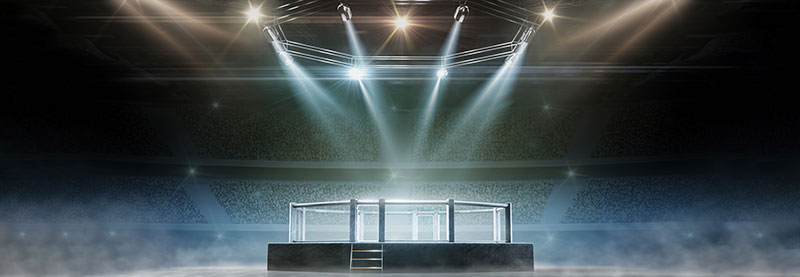Intellectual Property Insights from Fishman Stewart
Mini Article – Volume 24, Issue 14
Share on Social

Trumpamania Trademark Filings Get Ready to Rumble
By Kristyn Webb
While the next presidential election in the US remains a way off, November 5, 2024, campaign season is in full swing. As part of the election process, the participating political parties each hold their own convention to elect the party’s candidate.
The 2024 Republican National Convention, where Donald Trump was officially named as the candidate for the Republican Party, was held in Milwaukee, Wisconsin, just a few days after a fatal shooting took place at a Trump Campaign Rally in Pennsylvania. The Convention spanned several days and was a star-studded event.
Former wrestling star Hulk Hogan was among the celebrities in attendance who spoke in support of Trump. On the last day of the convention, July 18, 2024, Hogan delivered an impassioned speech featuring the term “Trumpamania”—-a play on the term “WrestleMania,” the annual wrestling event where Hogan was a long-time reigning champion.
On July 20, 2024, Hogan Holdings, LLC filed a trademark application with the US Patent and Trademark Office for TRUMPAMANIA for various clothing items. However, it appears that Hogan was beat to the punch by Latino Gang LLC, which had already filed two applications on July 19, 2024, for the same term for various clothing items and for bedding and banners. All of the applications were filed on an intent-to-use basis, meaning that the filing date may determine who has the rights to the mark. There is no indication yet how any of these applications may be taken by Trump or the WWE, the wrestling organization that holds various registrations for WRESTLEMANIA—-including one for clothing.
It is starting to look like this may be a trail-blazin’, eyebrow raisin’ battle.
Kristyn Webb is the Group Leader of Fishman Stewart’s Copyright Practice Group, and holds a Master’s Degree in Copyright Law from King’s College London.



Published August 9th, 2024
Related Content from Fishman Stewart
People have long pondered whether or not the Giza pyramids were indeed solely burial chambers, which was the only known, and archaeologically determined, use—until now.
By 1930, efforts began in New York to replace Mother's Day with Parent's Day because men were more than just breadwinners. Those efforts didn't catch on, probably because in that era, women often spent more time in the home.
In February, Nike and Skims announced that they will be working together on a new brand, NikeSkims. The co-brand will create a new line of training apparel, footwear, and accessories specifically designed to meet the unique needs of women athletes.
Generally, federal courts have exclusive jurisdiction over copyright cases, and often, this presents an insurmountable paywall for individual artists and small businesses to vindicate their rights, especially where the value of the individual copyrighted works are relatively low.
Dedicated to raising public awareness about the importance of encouraging innovation and creativity throughout the world, the World Intellectual Property Organization (WIPO) annually observes World Intellectual Property Day on April 26 to showcase the role that patents, trademarks, industrial designs, copyrights and trade secrets play in our everyday lives.
Hold onto your foam fingers, sports fans – college sports just got a whole lot more interesting! The latest updates to Name, Image, and Likeness (NIL) rules are making student-athletes bigger than ever, and it’s not just about the game anymore.
Did a federal court in Louisiana recently decide that US copyrights are global rights? It seems so.
One of his most famous songs, “Lose Yourself” was recently at the center of a lawsuit. In 2019, Eminem’s publishing company Eight Mile Style sued Spotify claiming that Spotify streamed a number of its musical compositions without proper licenses.
One of the most common challenges is whether AI should be free to train on data that is protected by copyright and owned by third parties without first obtaining permission.
The U.S. Copyright Office (USCO) recently published its latest report on AI and “copyrightability.” In short, the USCO considers only some AI-generated works to be sufficiently creative as to deserve copyright protection, and thus, registration.
IDENTIFYING, SECURING AND ADVANCING CREATIVITY®












